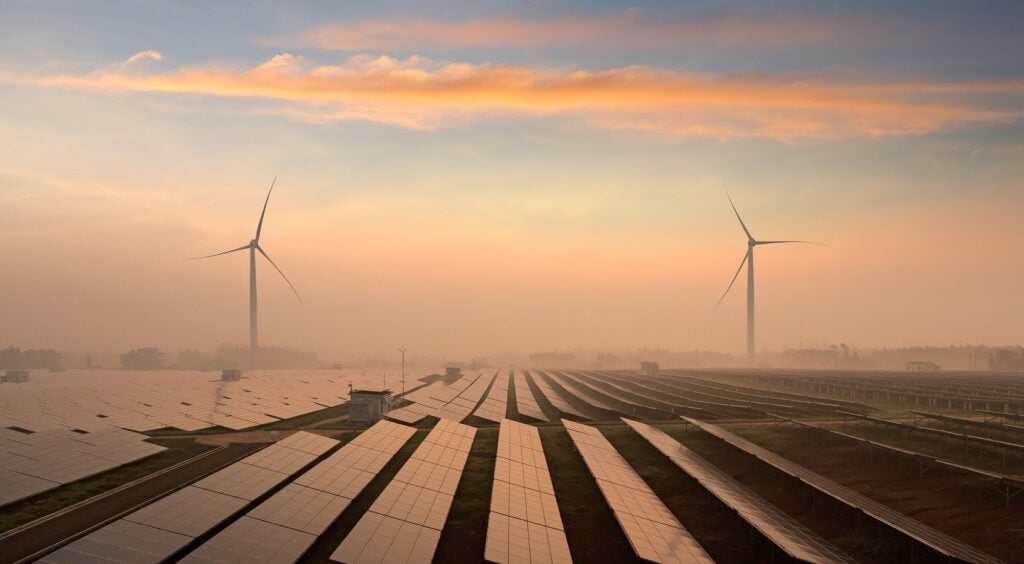The government has confirmed that it will seek an exemption for green energy tariffs from its looming price cap.
However it will be down to Ofgem to enforce that such exemptions are only handed out to tariffs that demonstrably support renewable energy sources, and the sector is calling for more clarity on the proposals.
This morning the government confirmed that it is to lay legislation to enforce a price cap on energy tariffs, essentially forcing the industry regulator Ofgem to place a limit on domestic energy tariffs until 2020.
The cap is designed to protect consumers from excessive charges and is designed to sit alongside Ofgem’s existing safeguard tariff, however it has proven particularly contentious with utilities who have expressed concerns over its effect on competition.
Just last week Centrica, the UK’s largest energy utility, bemoaned political intervention for creating increasing uncertainty. This uncertainty, the company’s chief executive Iain Conn said, is to cause the loss of around 4,000 jobs.
However the government has confirmed that so-called green tariffs, wherein the power is derived from renewable sources only, are to be exempt from the caps, a recommendation put forward by the Business, Energy and Industrial Strategy Select Committee last week.
BEIS has recommended that such tariffs are only exempted from the price cap when Ofgem is satisfied that it directly supports the production of renewable energy.
That exemption has been cautiously welcomed by the clean energy sector, however clean utility Good Energy stressed that further details needed to emerge.
In a statement, Good said that making green tariffs exempt from the price cap would give consumers the choice to support renewable energy should they wish to, particularly when the supplier is “paying a fair price back to renewable generators”.
However Good also questioned whether or not the exemption would bring “additional scrutiny” from Ofgem over what constitutes a “green tariff”.
“We are aware that there is a great deal of variation as to how effectively different suppliers’ green tariffs do this. Will a price cap exemption lead to a review of the REGO scheme and some suppliers trading certificates without purchasing the power they relate to?” the company asked.
Renewable Energy Guarantee of Origin (REGO) certificates are distributed by Ofgem for every 1,000 units of renewable electricity generated and can be bought and sold by utilities in order for them to package renewable tariffs if they do not directly purchase power from renewable generators.
That system acts as evidence of supply, and sits alongside set levels of transparency and demonstrable environmental benefits as being the three key principles of what Ofgem determines to constitute a green tariff since the last guidance came into force in April 2015.
Further guidance from Ofgem on the subject of the price cap is expected to follow today’s legislation, however the regulator’s chief executive Dermot Nolan has previously been bullish about the authority’s will to enforce the issue.
Dale Vince, founder of Ecotricity, meanwhile said that the cap could be “good news for a lot of people”, but considered the choice of an absolute cap to be a mistake.
“[An absolute cap] comes with considerable risks and is likely to reduce choice and competition in the market. A relative price cap would control the price differential (by definition) with none of the attendant risks of an absolute one.
“The key issue now is what level Ofgem sets this absolute cap at – if it’s too low then a number of energy suppliers will exit the market – voluntarily or otherwise. If it’s too high then this won’t properly tackle the problem and we’re back to square one,” he said.
Claire Perry, minister for energy and clean growth, said: “We are working hard to deliver an energy supply that is clean, affordable and innovative and an energy market that delivers the best possible value and service for energy customers. This new legislation is a big step forward toward that goal.”





